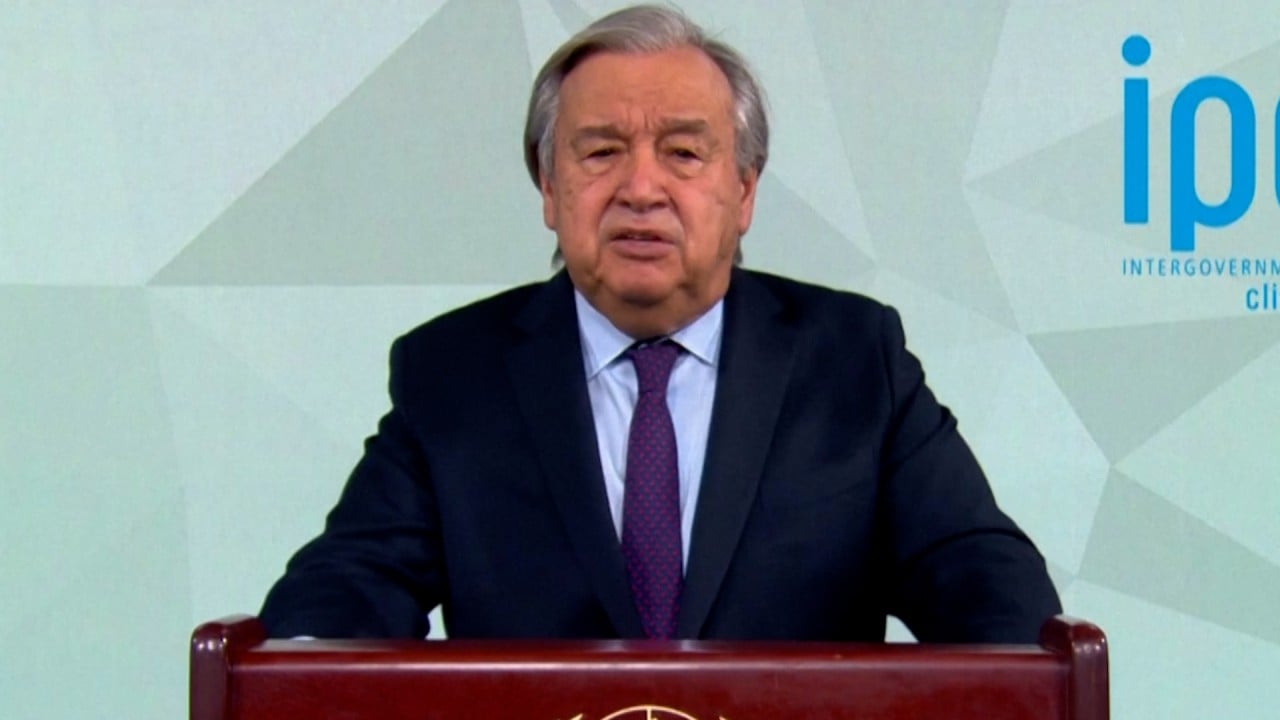
Degrowth? Climate justice cannot come at sole cost of rich nations
- The Global South’s demand for climate justice is justified but so is the developed world’s need for growth and security
- COP28 must prioritise the crafting of a win-win situation for all, including wealthy countries, which will need to lead the transition to net zero emissions

Advocates, spearheaded by economic anthropologist Jason Hickel, propose degrowth as a strategic reduction in energy and resource consumption to restore ecological balance and improve human well-being while addressing social inequality.
While degrowth proponents raise valid concerns about the environmental consequences of continuous growth, the impact of degrowth policies remains open to question.
For instance, reducing the gross domestic product of developed countries may not have a significant impact on the world’s material footprint, given that large rapidly industrialising countries account for about 40 per cent of global carbon emissions. In addition, reducing income in developed countries might impede investment in green technology, potentially hindering progress on climate change mitigation and adaptation.
Another critical concern revolves around “dirty degrowth”. As resource and innovation pressures mount due to degrowth policies, industries may opt for cheaper yet more environmentally damaging production methods, undermining the objective of ecological restoration.
As a result, rich countries are becoming increasingly agitated. Instead of constructive action, this mounting pressure has triggered finger-pointing among major carbon emitters.
Moreover, climate change, once a universally acknowledged concern, has fallen prey to politicisation. Countries exploit it as a diplomatic tool to wield power and influence, diluting its essential global impact.
Lastly, and most regrettably, the uncertainty surrounding the issue has fuelled a reckless surge in fossil fuel consumption in at least two large rapidly industrialising nations, akin to an arms race.
Rather than solely advocating degrowth of the rich, climate activists must explore alternative strategies that foster conscious growth for all, and not oppose the principles of capitalism but, rather, leverage them to their advantage.
Climate activists must envision a future where countries in the South actively contribute to the solution, rather than being passive recipients. The underdeveloped yet resourceful markets of the South could easily be integrated into the renewable revolution by becoming part of its supply chains – uplifting their populations out of poverty and vulnerability, while maintaining profits for developed economies.
If the South’s demand for climate justice is justified, so is the developed world’s need for growth and security – both consider these elements crucial for their survival. Climate activists must remember that though the poor may contribute meaningfully to the fight against climate change, it is the developed world that must eventually take the lead.
Rizwan Basir is a sociologist who works as a climate finance specialist at the Climate Resourcing Coordination Centre (CRCC), based in Islamabad, Pakistan


